Landscape Recovery is entering a new phase, with two pioneering projects starting long-term delivery on the ground. They show how farming, nature and rural communities can thrive together, supporting the government’s commitment to a sustainable and resilient farming system in England.
On Tuesday 19 August, we hosted a webinar specifically for cattle farmers explaining how they can access funding for an Animal Health and Welfare Review and the follow-up vet visit for endemic diseases. In this post, we share an overview of the webinar and a link to watch the recording.
The Fair Dealing Obligations (Pigs) Regulations 2025 (FDOP2025) will come into force from 13 August. FDOP2025 is designed to make contracts fairer and more transparent across the pig industry. In this guest post, Richard Thompson, the Agricultural Supply Chain Adjudicator (ASCA) shares an overview.
This is a short post to let you know that we’ve now fully allocated all available funding for the 2025 round of Capital Grants. The next round of funding will be available in 2026.
In September, the new Countryside Stewardship Higher Tier (CSHT) service will open for applications to those who have been invited to apply, have received pre-application advice and have completed any preparatory work.
I’m pleased to say the Farming Innovation Investor Partnerships competition is now open. This post includes a link to watch a recent webinar.
In this episode, arable farmer and leader of the British On-Farm Innovation Network (BOFIN), Tom Allen-Stevens, speaks with farmer Martin Lines and agronomist Ed Schofield about their experiences of implementing integrated pest management (IPM).
The Farming Equipment and Technology Fund (FETF) opens for applications on 29 May, offering grants of up to £25,000 to help cut costs and boost efficiency on your farm. To help you prepare, we’ve published guidance on GOV.UK. In this post, we’ll give an overview of what the grant offers and how to apply.
Farmers, growers and foresters who want to develop and implement innovative agricultural practices and technologies can now apply for funding through the Farming Innovation Programme (FIP).
The Accelerating Development of Practices and Technologies (ADOPT) Fund is designed to support farmer-led, collaborative innovation projects that implement new technologies and practices on farms. You can apply now.
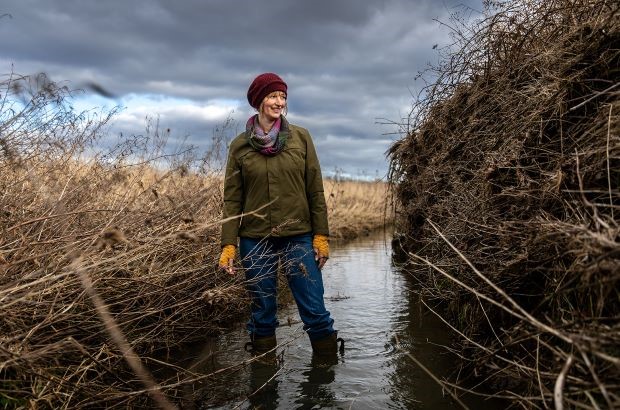
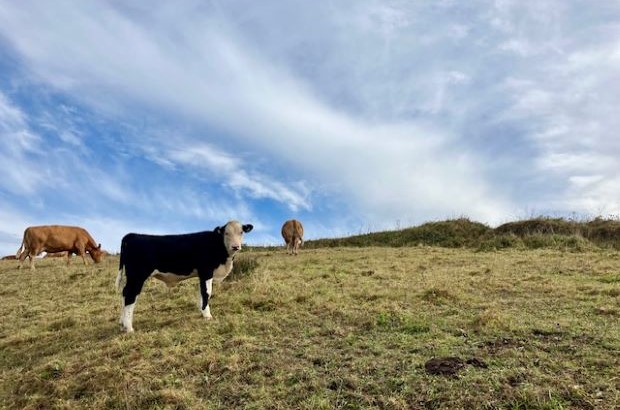
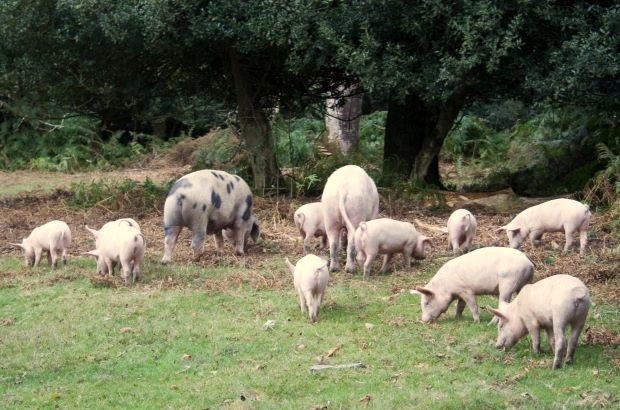
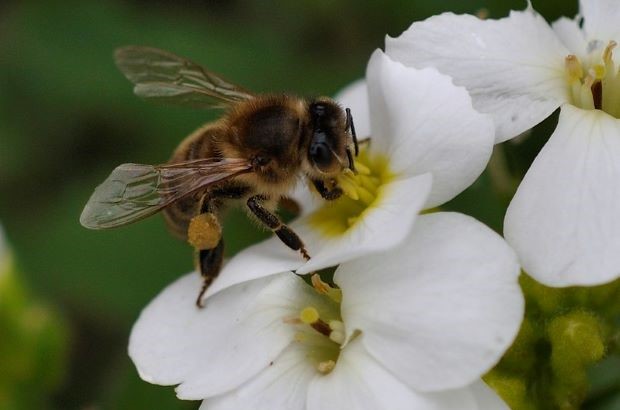
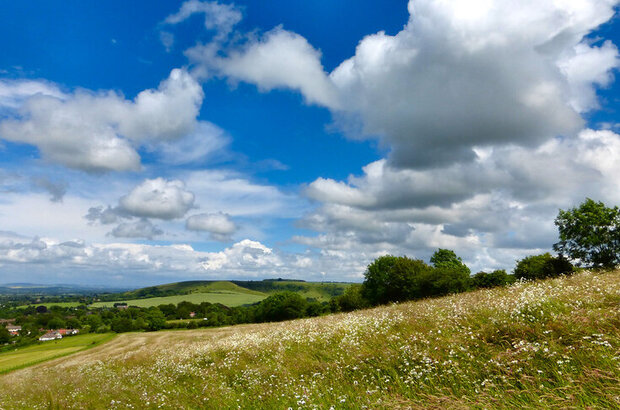
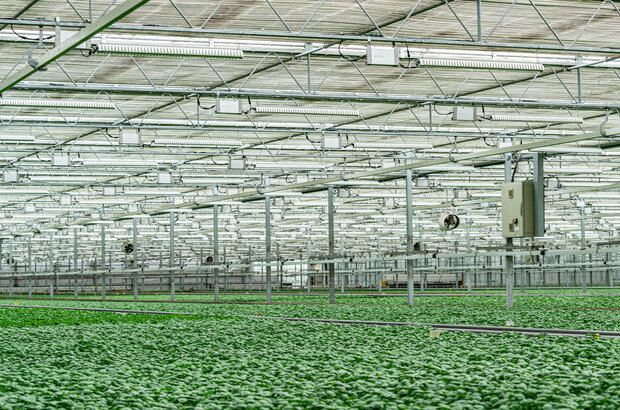
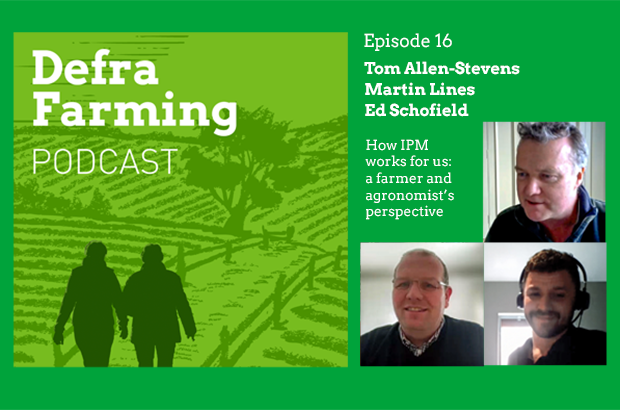
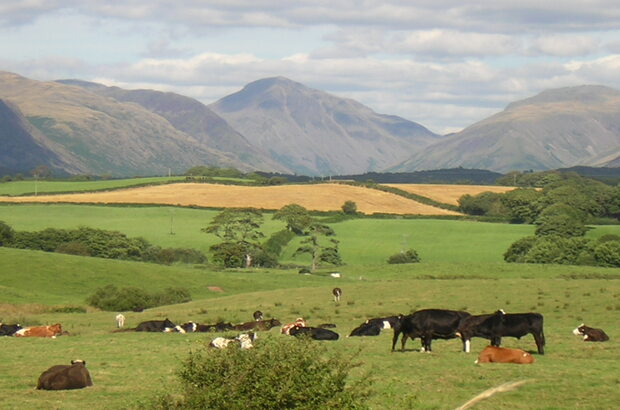
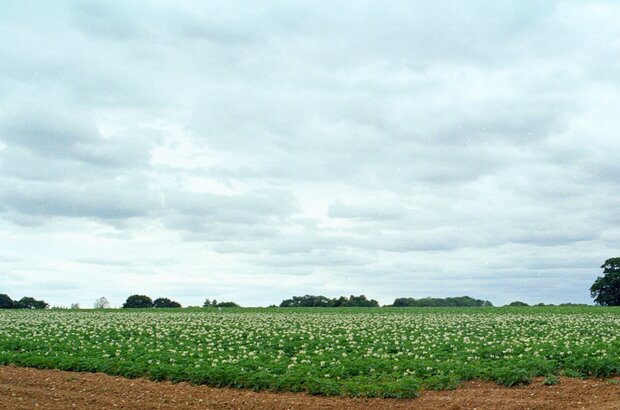

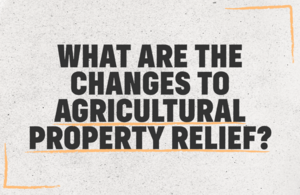
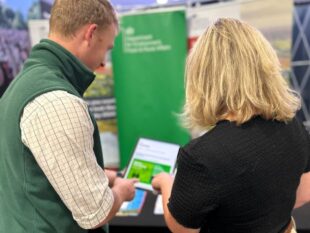


 The
The 